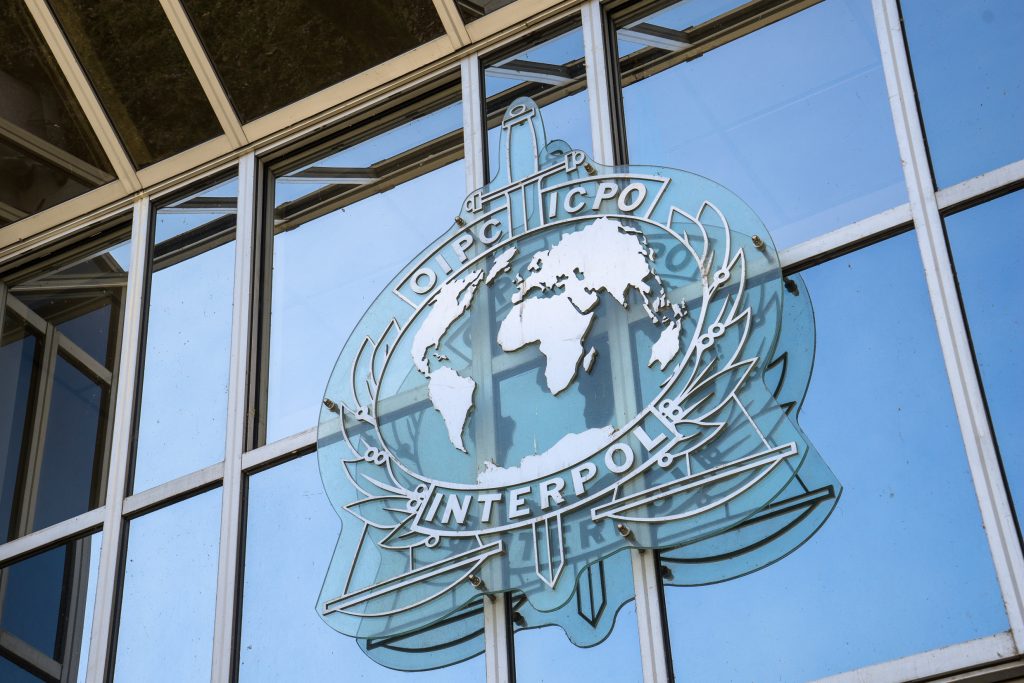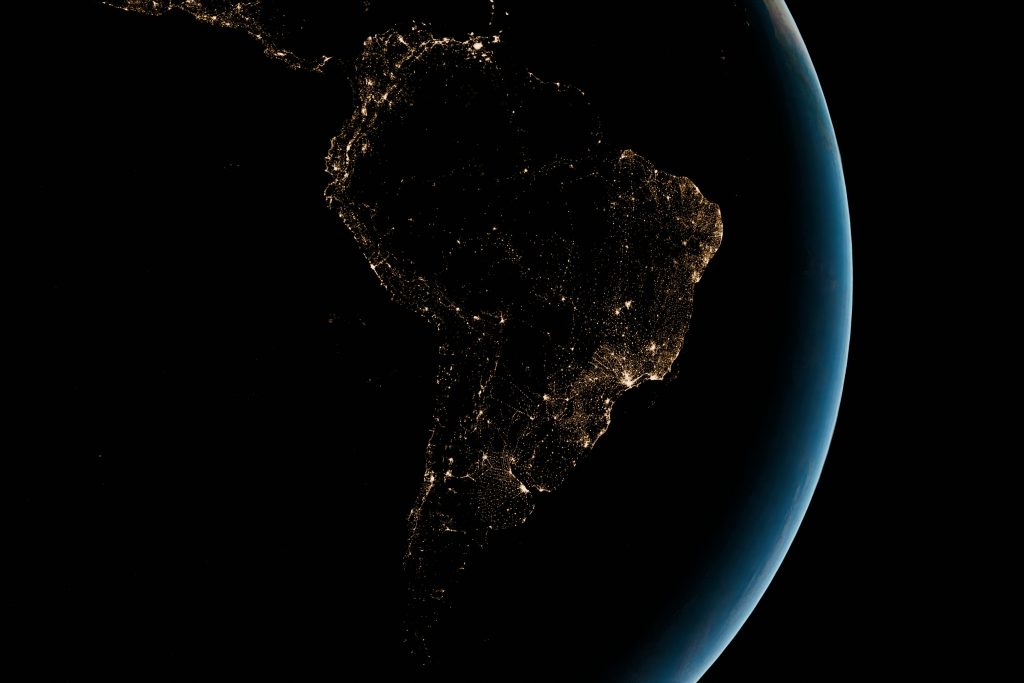"El problema de Interpol es que todo es opaco", afirma Keith.
Interpol’s predecessor organization, the International Criminal Police Commission, was founded on Sept. 7, 1923, in Vienna, Austria. During World War II, the organization moved to Paris and ultimately to the French city of Lyon, where it remains.
Sus últimos años han sido difíciles.
Meng Hongwei , a former Chinese police official who became Interpol’s president in 2016, was detained during a work trip to Beijing in 2018 and accused of corruption in what appeared to be a Communist Party purge. His wife, who has since received asylum in France, remains livid that Interpol’s first communication on Meng’s disappearance was an announcement that he had resigned, effective immediately.
En enero de 2020, un tribunal anunció que había sido condenado a 13 años y seis meses de prisión acusado de aceptar más de $2 millones en sobornos.
In 2021, Interpol elected as president Maj. Gen. Ahmed Naser al-Raisi, who as inspector general at the United Arab Emirates’ interior ministry was accused by human rights groups of involvement in torture and arbitrary detentions in the UAE.
Stock has no control over the selection of president, which is a more ceremonial position than that of secretary-general. On Tuesday he described the allegations against al-Raisi as “an issue between the parties involved” and similarly described Meng’s detention as an internal Chinese legal affair.
Reconoció que la guerra de Rusia en Ucrania ha complicado aún más las cosas, pero no insiste en ello.
“Our operational work continues,” he said. “Global conflicts, a difficult situation, might have some impact on our work, but overall, the statistics are quite clear. We have more data in our databases than ever.”
Going forward, he hopes for still more. Cybercrime and evidence of the global market for child sex abuse make up a growing portion of Interpol’s caseload. Both have special units dedicated to them, because the crimes cross borders swiftly and invisibly.
Y no ve ninguna solución que no pase por que las fuerzas del orden amplíen el uso de la inteligencia artificial y los datos biométricos.
“We need to use artificial intelligence. There is no other way for law enforcement,” Stock said. “The criminals are already using it. We also have to use that.”
Esto podría plantear nuevos problemas éticos.
“Interpol is bound by its own rules to assume that everything a member government submits is legitimate,” said Ted Bromund, a senior research fellow at The Heritage Foundation who has served as an expert witness in cases involving problematic red notices.
Stock lo reconoció.
“We are not policing our member countries,” he said. “What they are doing on a national level, how they apply their rules, how they use biometrics, how they use, in the future, artificial intelligence is up to the member countries, not up to Interpol.”
Este artículo se publicó por primera vez en The Independent el 6 de septiembre de 2023, puede consultar el artículo original aquí .
Si necesita asesoramiento jurídico de abogados especializados en difusiones rojas de Interpol sobre cualquier asunto relacionado con Interpol, póngase en contacto con nosotros aquí . Puede leer más sobre nosotros, aquí.
—
Image: ©Shutterstock



